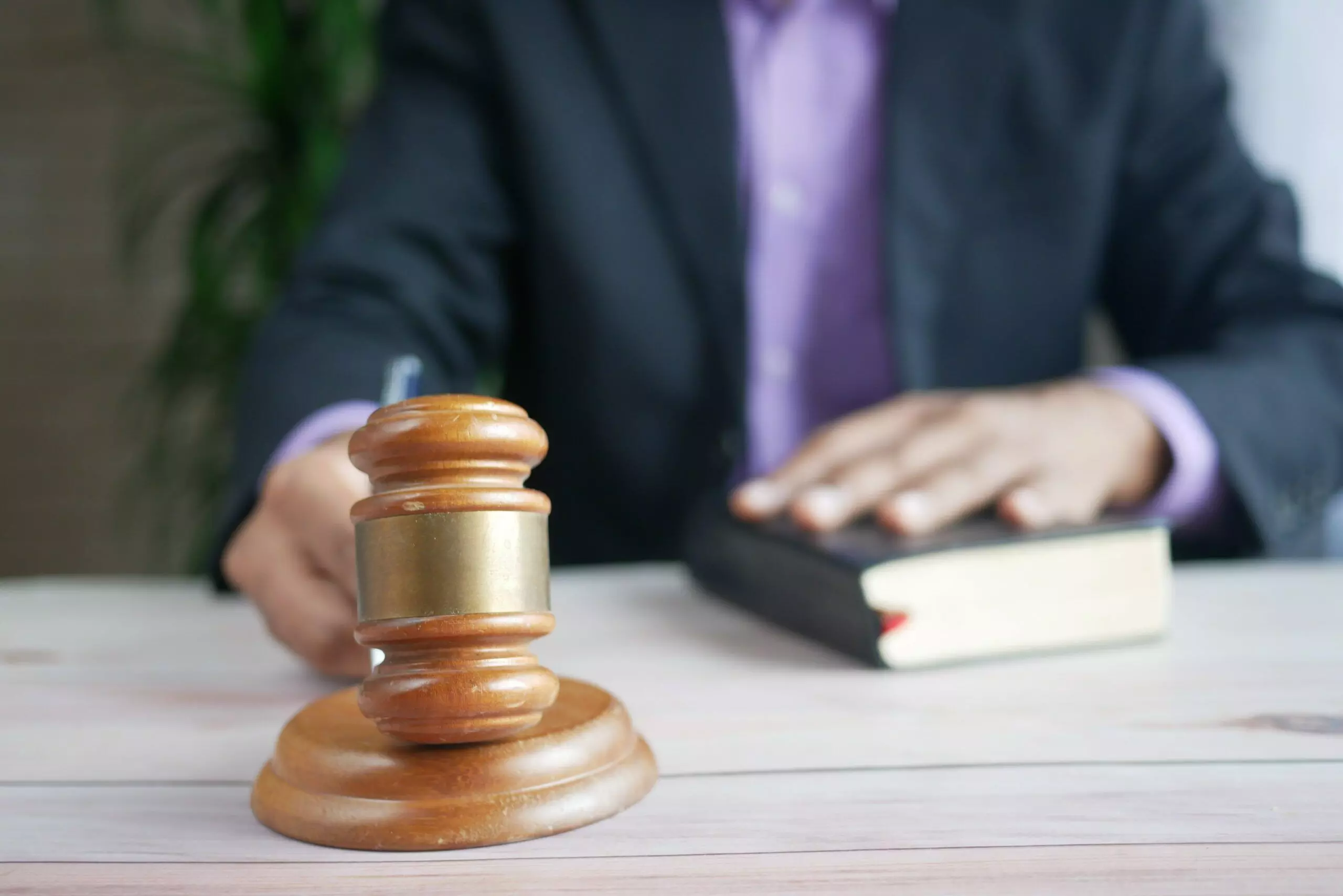Opinion: Judicial sanctity Vs police accountability—A Constitutional conundrum
The GC Manjunath & Ors. vs. Seetaram judgment serves as a pivotal point for introspection on the balance between procedural safeguards and the imperative of justice
By Newsmeter Network
Representational Image
Hyderabad: In a democracy, the rule of law serves as the bedrock upon which civil liberties rest. However, when procedural safeguards intended to protect public servants inadvertently shield misconduct, it raises pressing questions about justice and accountability.
The Supreme Court’s decision in GC Manjunath & Ors. Vs Seetaram (2025 INSC 439) brings this issue to the forefront, highlighting the delicate balance between safeguarding officials and ensuring redress for victims of abuse.
The crux of the judgment
In this case, Seetaram accused certain police officers of egregious misconduct, including false implication in criminal cases, custodial torture and public humiliation. Despite the gravity of these allegations, the Supreme Court quashed the proceedings against the officers, citing the absence of prior sanction as mandated by Section 197 of the Criminal Procedure Code (CrPC) and Section 170 of the Karnataka Police Act, 1963.
The court reasoned that the alleged actions, though excessive, bore a reasonable connection to the officers’ official duties, thereby necessitating governmental approval before prosecution.
Contrasting judicial perspectives
This ruling stands in contrast to previous judgments where the Supreme Court delineated clear boundaries for the applicability of Section 197 CrPC. In State of Maharashtra v. CH Gautam (2000) and Prakash Singh Badal v. State of Punjab (2007), the court emphasised that not every act by a public servant warrants protection under Section 197.
Specifically, if the act is entirely unconnected to official duties or is committed in a manner that betrays the authority of the office, prior sanction is not a prerequisite for prosecution. These precedents underscore the principle that the cloak of official duty should not serve as a shield for blatant transgressions.
Constitutional safeguards and Legislative intent
The Indian Constitution enshrines the right to equality before the law under Article 14 and guarantees the protection of life and personal liberty under Article 21. The Constituent Assembly Debates reflect a profound commitment to these principles.
Dr BR Ambedkar, the chief architect of the Constitution, articulated concerns about granting unchecked immunity to public servants. He advocated for accountability mechanisms that prevent the abuse of power, emphasising that the law must be a tool for justice, not a sanctuary for misconduct.
Implications for police accountability
The Supreme Court’s reliance on procedural technicalities in the Seetaram case raises concerns about the message it sends regarding police accountability. When courts prioritise procedural safeguards over substantive justice, especially in cases involving serious allegations like custodial torture, it risks eroding public trust in the legal system.
Such interpretations may inadvertently embolden errant officials, knowing that procedural loopholes can be leveraged to evade accountability.
Striking a balance: The path forward
While the protection of public servants from frivolous litigation is essential to ensure the effective functioning of the state, it is equally crucial to ensure that this protection does not become a conduit for impunity.
The judiciary must adopt a nuanced approach that distinguishes between bona fide actions taken in the course of duty and acts that are patently abusive or malicious. Legislative bodies, too, have a role to play in revisiting and refining laws like Section 197 CrPC to prevent their misuse.
Conclusion
The GC Manjunath & Ors. vs. Seetaram judgment serves as a pivotal point for introspection on the balance between procedural safeguards and the imperative of justice. Upholding the rule of law requires that no individual, regardless of position, is above accountability.
As the guardians of constitutional values, the judiciary must ensure that legal provisions are interpreted and applied in a manner that upholds the rights and dignity of all citizens, reinforcing the foundational principle that justice must not only be done but must also be seen to be done.
Author: D Siva Rami Reddy is a Practicing Advocate before Supreme Court of India. Well versed in constitutional, criminal and civil matters. He was qualified as Advocate-on- Record (AOR) with all privileges conferred by Supreme Court of India.
Disclaimer: The views and opinions expressed in the article are those of the author and do not reflect the official policy or position of NewsMeter.